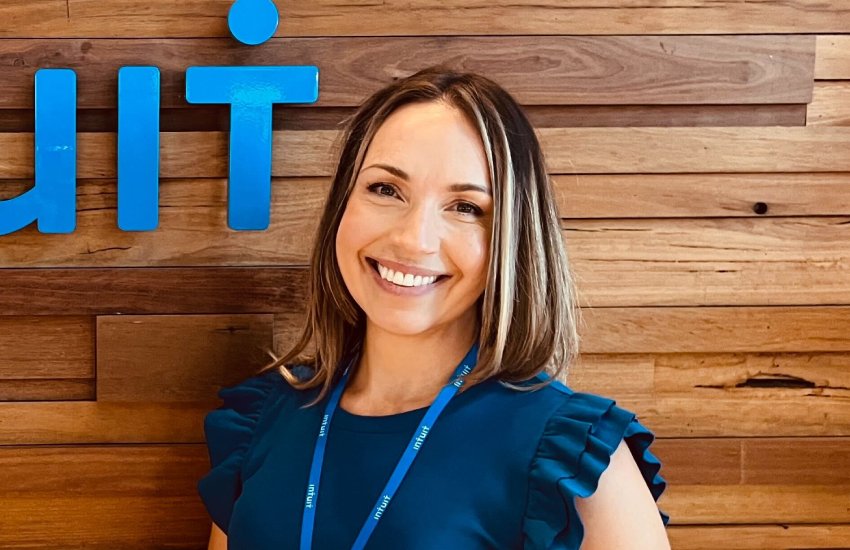The talent drought is forcing firms to increase pay but they also need to change the services they offer, said the head of accounting at Intuit QuickBooks, Shaye Thyer.
Speaking on this week’s Accountants Daily podcast Ms Thyer – a finalist for Thought Leader of the Year in the recent Australian Accounting Awards – said the industry was heading towards an expertise bottleneck unless it could use its existing talent more effectively.
You’re out of free articles for this month
Ms Thyer said she could see the problem up-close as a consultant for one practice and while staff shortages were an issue, other factors were in play.
“Is it that there is talent, they just want money that we are not prepared to pay?” Ms Thyer said.
“‘Not prepared’ is probably a bit triggering because when you’re in a small firm you put yourself out of business if you hire some people at the salaries they want these days – or certainly at the salaries that some of the big firms are offering with their sign-on bonuses.
“So I’m not meaning to be flippant about that.
“But we still overlook big cohorts of talent in the way that we structure our firms and the way that we set rules and the biases that we hold – generally speaking in the accounting industry – that stands in the way of us getting access to lots [of] talent.”
She said the shortage itself could force a rethink.
“We’ve got this acute pain around talent and access to talent. It might be painful enough that we actually start to think differently about where we source talent from, how we utilise our existing talent,” Ms Thyer said.
“Maybe even – if I could be so bold – how we actually love our existing talent, and make them feel valued and want them to stay in the firm. How about that?”
She said the specialist expertise of partners took years to develop and so it came down to juggling resources and diversifying – a hot topic prior to COVID.
“We might be heading into a place of a bit of a bottleneck of expertise, which is going to be quite challenging for firms to see how they can actually manage the demand from their clients,” Ms Thyer said.
“Typically, what we see is more than 80 per cent of a firm’s revenue comes from compliance services. It’s bread and butter.
“And then COVID hit and everything we were doing was compliance.”
Now the push was back on to develop advisory services again, but there was another opportunity too.
“But I think the piece that I find interesting – and that I always used to tinker with when I was at BDO – is what’s the bit in the middle? What’s the bit between compliance, full-blown compliance and full-blown advisory? That piece in the middle that’s like, compliance advisory?” Ms Thyer said.
“If we are in a world where lots of the data that we have to tell the ATO about is automatic and channelled into there, which removes the need for us to put numbers in a box and do all that stuff, then surely there is a huge opportunity to get ahead of that and be the risk mitigator.
“We do it now: it’s called tax planning.
“But if we think about it more holistically, being that trusted adviser that can look ahead and say, you know what, I’m not going to ask you to pay me to transfer your data and type journal entries, but you’re going to get value from our relationship where I can look forwards and say, ‘Hey, this is what you might be running into if you don’t X, Y, and Z right now.’
“It’s an area that’s closer to our core expertise we’ve always had in compliance-land, it’s just framed differently.
“You’ve actually got everything you need, if you just look at it a bit differently, and frame it with your clients differently, of course.”


 Login
Login







